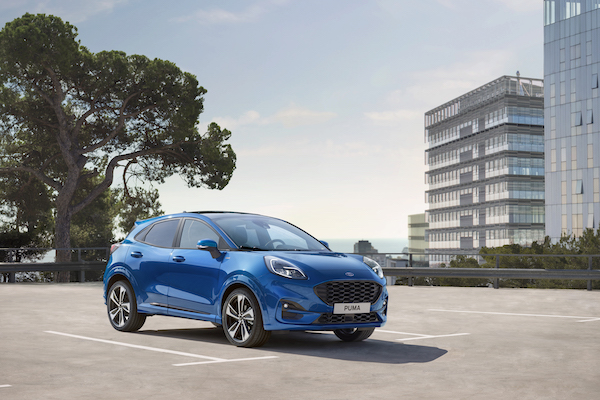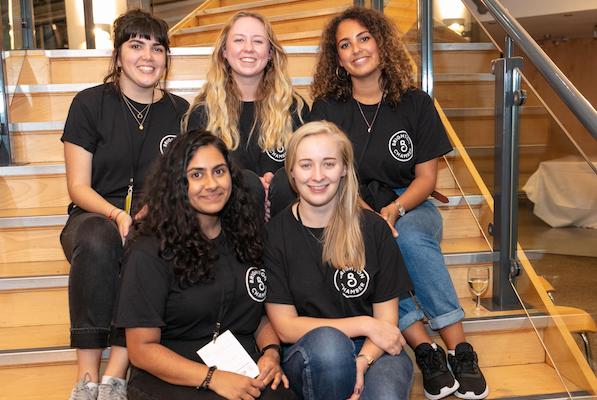
On September 3rd, the Mid Sussex Business Expo was set to roll into Ardingly for its third expo of the year, but due to issues beyond our control with the Covid situation, Network Xpress has decided to go online and virtual events for the remainder of 2020 creating new hybrid events for online and offline coverage, and to make these radical changes to better serve our clients locally.
We looked at several different platforms including Zoom, and found that many of them just didn’t offer a tradeshow experience required to run an event interactively and to budget which was a key.
The virtual platform we went with is Hopin. It’s a venue with multiple interactive areas that is optimised for connecting and engaging. Attendees can move in and out of rooms just like an in-person event and enjoy the content and connections at a full tradeshow or conference with ease.
Now we could host the keynote speakers conference, have an actual tradeshow with interactive Booths, headline our premier sponsors and deliver the best customer experience virtually with this innovative platform and a new way to enjoy a B2B event whilst online in the office, or at home.
Keynote Speakers for the day include Matt Hunt, The Great British Porridge Co, and Maarten Hoffmann, CEO of the Platinum Group. Along with the keynote talks, we also have breakout sessions which cover a whole array of virtual talks on business, marketing, HR and legal, occupational health, wellbeing and wealth management.
Suddenly the pieces came together and in under a week we had an actionable plan to execute a cutting-edge tradeshow and conference virtually.
WE HEAR YOU – HOW CAN A VIRTUAL TRADESHOW BE ANY GOOD?
There are multiple benefits to hosting online:
- Anyone with an Internet connection can participate in a virtual tradeshow. No travel required.
- The virtual platform lends itself to a broad range of applications beyond tradeshows such as workshops and training sessions.
- A major benefit of virtual tradeshows is cost. There is no travel, hotel and meal expenses are eliminated.
Our conclusion is that as technology advances, virtual tradeshows may be able to provide the same “experience” as traditional shows. Some traditional tradeshows offer a virtual component like streaming presentations online, but in today’s climate, we must think outside the box. Virtual shows offer a cost-effective alternative and potential to reach people that cannot for whatever reason attend a traditional tradeshow, be it distance geographically, the weather or office meetings preventing entire days off etc.
We’re now virtually networking on the internet 24/7, so why should tradeshows be any different?





